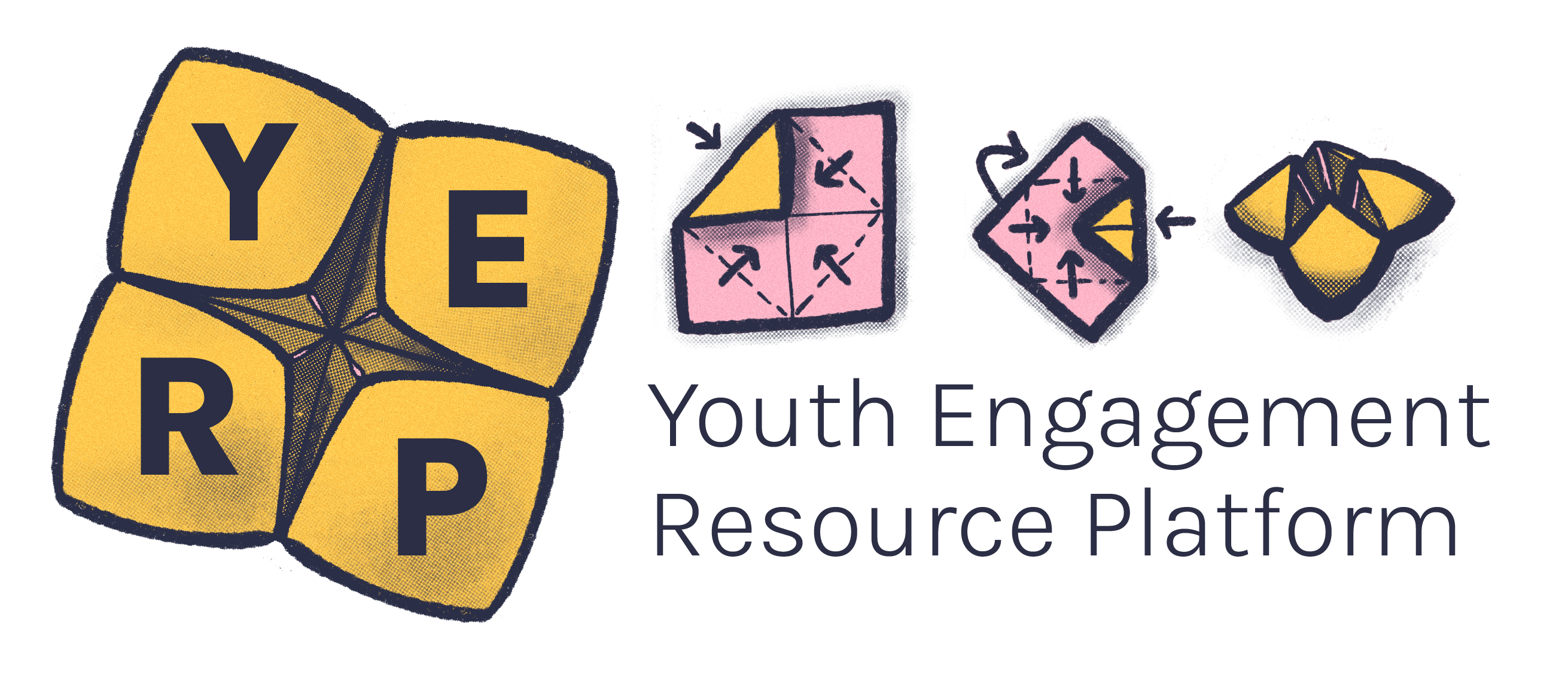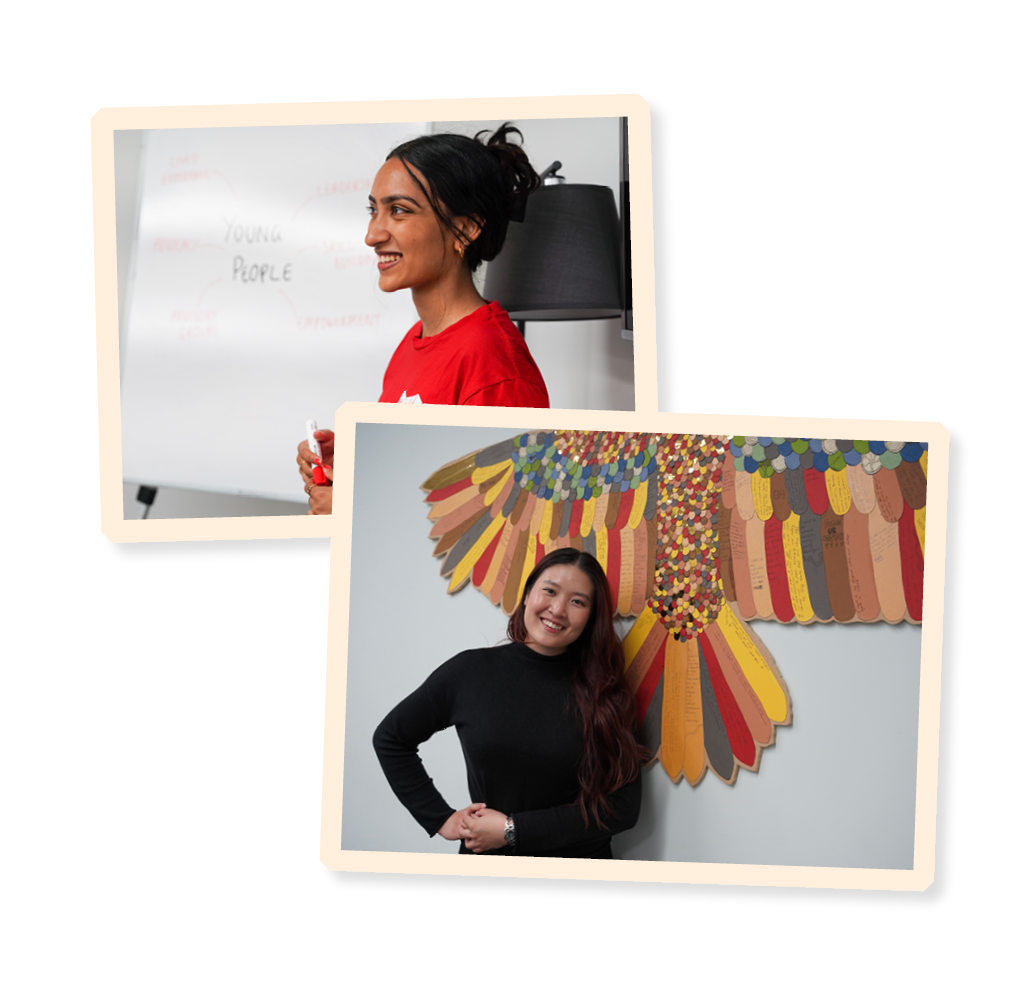Advocacy can mean different things for different people. It involves standing up for your rights, standing up for someone else, or standing up for an issue you see within the broader community. Advocacy is about defending, arguing for, or supporting a cause.1
When people think of advocacy this image might come to mind - a crowd of protestors marching through the street, with people holding signs and listening to someone speak about an issue. This is certainly advocacy, but it’s only one form.
Advocacy can be individual or collective, and it can be public or performed in your own home.1
What's your position on the issue?
You can advocate as a member of a community you belong to, or as part of your allyship to that community. There’s an important difference to be mindful of whether you’re speaking on behalf of yourself or someone else.2,3
- If you’re advocating for allyship it’s important to step back and create space so people can speak for themselves.
- You can amplify messaging from the group you’re advocating alongside, making sure to always credit your sources and link people to support them directly.
- It’s important to show your solidarity while not taking up space in the conversation.
How well do you understand the issue?
If you are advocating on an issue from a place of lived experience and you know your advocacy position inside out, you’ll be best placed to educate others on the issue.2,3
- Remember to listen to and understand opposing views. This insight may strengthen your advocacy as you get a fuller picture of what others think and the systemic barriers you may face.
- Note, this is useful only to a certain point, as it may be harmful to your mental health to be constantly exposed to people with opposing views, especially if it involves discrimination or relates to your lived experience.
Where are you gathering information to support your views?
If you’re advocating from a place of lived experience, make sure to practise self-care. Drawing on personal experience can lead to burnout!
If you’re practising allyship, check your sources. Before repeating information, check that the source is credible and reliable. Using invalid sources can discredit your voice in discussions and potentially impact your cause.
Check out ‘how to fact-check information’.
There are many ways to get involved in advocacy. You can:
- Join trusted community groups or volunteer for an organisation who advocates for an issue you’re passionate about.
- Write to or call your local MP, as they often have responsibility over issues which directly affect your community.
- Showing up at a rally or demonstration.
- Posting on social media.
- Having conversations with friends and family.
There are also organisations who support people with lived experience to share their stories and provide insight and advice into relevant issues.
Remember, advocating can be in whatever way works for you.
Advocacy websites and orgs
Drummond Street Services has a list of advocacy organisations and groups for a diverse range of identities and lived experiences.
EcoShout has an extensive list of environmental, social justice, and grassroots organisations across Australia.
Technology has opened up many new forms of advocacy. Some common forms of online advocacy include:
- Online petitions
- Awareness campaigns using hashtags, templates for profile pictures, or resharing posts
- Fundraising campaigns
A really important part of online advocacy is maintaining privacy and safety.
- Be conscious of what personal information you have displayed in your profile.
- Do you have your last name, a personal email, or photos with a uniform or way to identify you?
- You don’t have to completely restrict your personal information but be aware that someone may be able to use your content to identify you.
Self-advocacy is the ability to speak up for yourself across a range of settings to ensure that your needs and rights are respected.3
- Advocating for yourself will assist you in all areas of your life such as at school, uni, in the workplace, or in healthcare settings.
- If decisions that impact your life are being made, it’s important to have the skills to be able to communicate effectively and assertively to ensure your best interests are being met.
- To be able to self-advocate effectively it’s also helpful to have some basic knowledge about your rights.
Self-determination means that people have a choice in determining and shaping their own lives.4 You may have heard the phrase “nothing about us, without us”.
The concept has been embraced by many rights movements and refers to people with lived experience wanting to be included in any conversation being made about them in terms of policy, legislation, programs, and services. Self-advocacy ties in with self-determination.4
Sometimes you have to advocate when involved in choices that affect you.
- Read more about self-determination:
- First Nations self-determination
- Disability self-determination
You can advocate for yourself whenever and wherever you need to but there are some common places that you may need to advocate for yourself and it’s good to be aware of them.3 They include:
Healthcare
Check out your rights in healthcare. They include the right to: access, safety, respect, partnership, information, privacy, feedback.
Education
You have the right to access education and feel safe when you’re there. Read about your rights as a student in Victoria.
Workplace
You have rights in the workplace that protect you from exploitation and unfair working conditions. Read about your rights at work.
Legal Support
If you ever find yourself in a situation where the law is involved, Youthlaw provides free legal advice for those aged 25 years and under.
More resources on advocacy and self-advocacy
- Youth Disability Advocacy Service. (2023b). What is advocacy? Youth Disability Advocacy Service; YACVic. https://www.yacvic.org.au/ydas/advocacy/what-is-advocacy/
- People with Disability Australia. (2019). Speaking up for social change. https://pwd.org.au/wp-content/uploads/2019/09/CreatingAccess_Factsheet_SpeakingUpForSocialChange_WEB.pdf
- People with Disability Australia. (2019). Speaking up for yourself. https://pwd.org.au/wp-content/uploads/2019/09/CreatingAccess_Factsheet_SpeakingUpForYourself_WEB.pdf
- Australian Human Rights Commission. (n.d). Self-determination. https://humanrights.gov.au/our-work/aboriginal-and-torres-strait-islander-social-justice/self-determination





